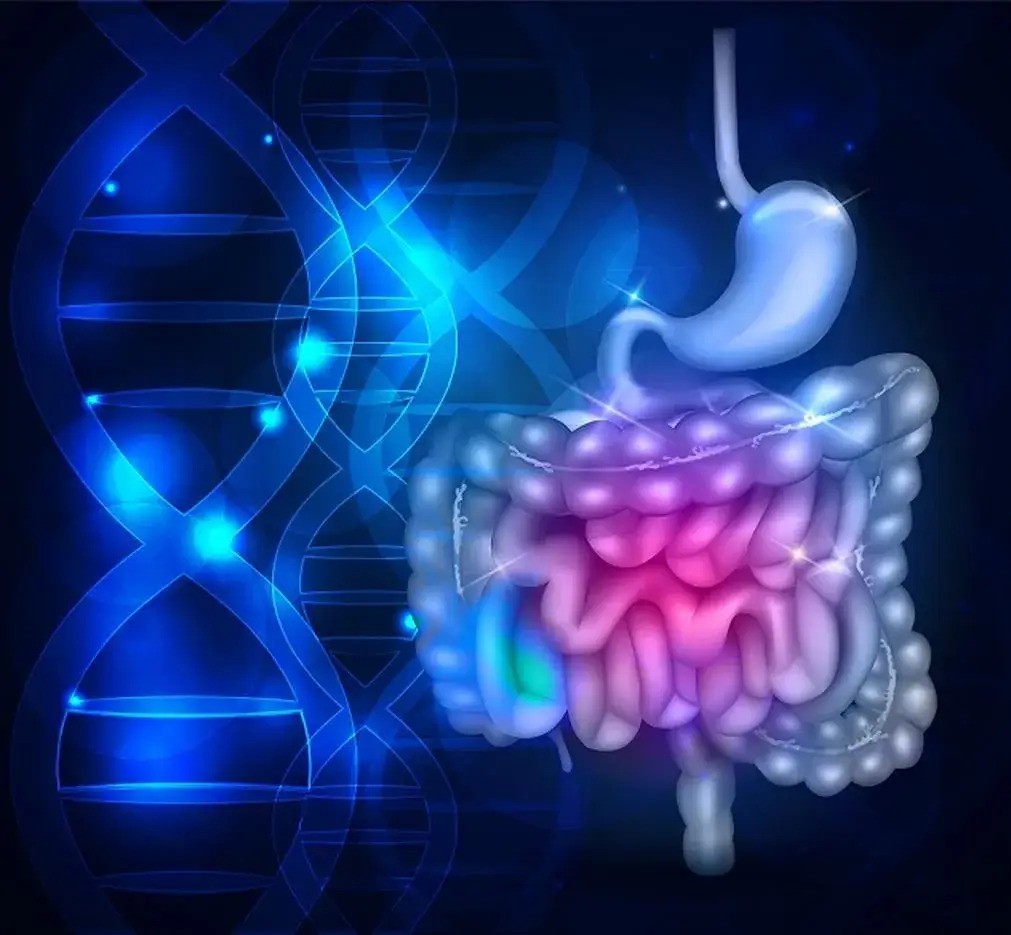
Telemedicine Appointments Are Now Available
Your Trusted Double - Board Certified Gastroenterologist





Malabsorption means the failure of the Gastrointestinal (GI) tract, usually the small intestine, to absorb one or more substances from the diet. This is generally the result of some defect or damage to the mucosal lining of the small intestine, where most of our nutrient absorption takes place. The most common symptoms of malabsorption syndrome are diarrhea, bloating, flatulence, cramping and weight loss. Over time, one may become deficient in iron, proteins, various vitamins and minerals and this can lead to degrees of malnutrition and a variety of anemias.
The most common anemias that may occur are vitamin B12, folate, and iron deficiency. Vitamin K malabsorption causes the blood to thin out and could result in excess bleeding. Protein depletion can lead to impaired bone formation and osteoporosis, and calcium deficiency leads to weakening and demineralization of the bone, causing a condition called osteomalacia. Impaired absorption of vitamin A could result in poor vision and night blindness as well as dermatitis. Malabsorption of protein, fat and carbohydrate leads to loss of calories, generalized malnutrition and diarrhea.
The small intestine, which is just beyond the stomach, is the site of most of our absorption, and a variety of conditions in that location can produce malabsorption syndrome.
Celiac disease (Celiac sprue, gluten-sensitive enteropathy) is a condition where the mucosal lining of the small intestine is damaged by ingestion of gluten. Gluten is a protein found in wheat, rye, barley and oats but not in corn or rice. The mechanisms and reason for this reaction is unknown, but it is thought to be genetic in nature and likely an autoimmune condition and is not considered an allergy. Maintaining a gluten-free diet restores the damaged mucosal lining to normal and allows one to absorb normally leading to a normal life. On occasion, patients may fail to respond to a gluten-free diet and could have refractory sprue or intestinal lymphoma. Prednisone (steroids) may be helpful in up to 50 percent of patients with refractory disease.
Crohn’s disease is an inflammatory or ulcerating condition of the GI tract that may affect the small intestine, thus resulting in malabsorption syndrome. If treated properly, absorption can be restored.
Tropical sprue is a bacterial mediated disease causing a similar picture to that of celiac disease and should be suspected in anyone presenting with malabsorption that has visited the tropics. Treatment consists of antibiotics, often Tetracycline, for up to 6 months.
Whipple’s disease is a systemic bacterial illness usually affecting middle age men. Symptoms include diarrhea, arthritis, fever, weight loss, swollen lymph nodes and skin pigmentation. It is diagnosed by taking a small bowel biopsy through an endoscope, and the treatment is antibiotics for one year or longer.
Lactase deficiency can result in malabsorption, and it occurs in 15 percent of Caucasians, 50 percent of blacks, and nearly 90 percent of Asians. Often, however, one can have a partial lactase deficiency that causes symptoms but not full-blown malabsorption. Treatment is to avoid lactose-containing dairy products (milk, ice cream, and cheese). Over-the-counter lactose enzymes are also available to aid in digestion.
Parasitic diseases can cause selective malabsorption of lactose of fat. Giardia Lamblia is the most common of these parasites and is contracted by ingesting un-purified water such as from streams, lakes, and ponds or in foreign countries. It is also passed along through day care centers, swimming pools or person-to-person. It is treated with antibiotics.
Other causes of malabsorption can be due to past intestinal surgeries, bacterial overgrowth, AIDS, radiation to the abdomen, diabetes, lymphoma or motility disorders. In addition to small bowel disease, malabsorption can occur in those who have had portions of their stomachs removed surgically. The pancreas produces enzymes that help to digest food, so if a condition exists where enzymes are not being produced it can result in maldigestion or malabsorption. This could include chronic alcoholic pancreatitis, trauma, cystic fibrosis, tumors or post-surgical states.
The diagnosis of malabsorption consists of a number of different tests to look for the various causes. Generally, an endoscopy is performed under mild sedation, at which time a biopsy can be obtained for analysis under the microscope. In addition, blood tests are helpful to determine if a malnourished condition exists. Stool collections and cultures are useful, as well as certain breath and hormone tests.
The treatment of malabsorption syndromes depends on the cause, so an accurate diagnosis is important. Some of the treatments employed may include diet changes, antibiotics, antidiarrheal agents, intestinal hormones, various vitamins, minerals and medium chain triglycerides, acid reducing medicines and anti-inflammatory medications or steroids.
Check Out Our Reviews & Testimonials
At Midwest GI Health we are proud to share our patient referrals from Healthgrades, Vitals, Google and Facebook. Please take some time to see how pleased our patients are with our professionalism and quality of care.
After years and years of stomach issues and having the same simple tests done with no results, I saw Dr. Taormina and he’s actually trying to help figure it all out, new tests…

The staff was very professional and friendly. The exam was explained by a nurse and the Anesthesiologist then came in to explain what she was going to do. Dr Taormina came…

The facility is small enough you don’t feel like a number and big enough you know they have what they need in case of an emergency. Dr Taormina is easy to talk to and answers all questions. Explains everything well, easy to understand. The group of nurses are also great!

Free Resources